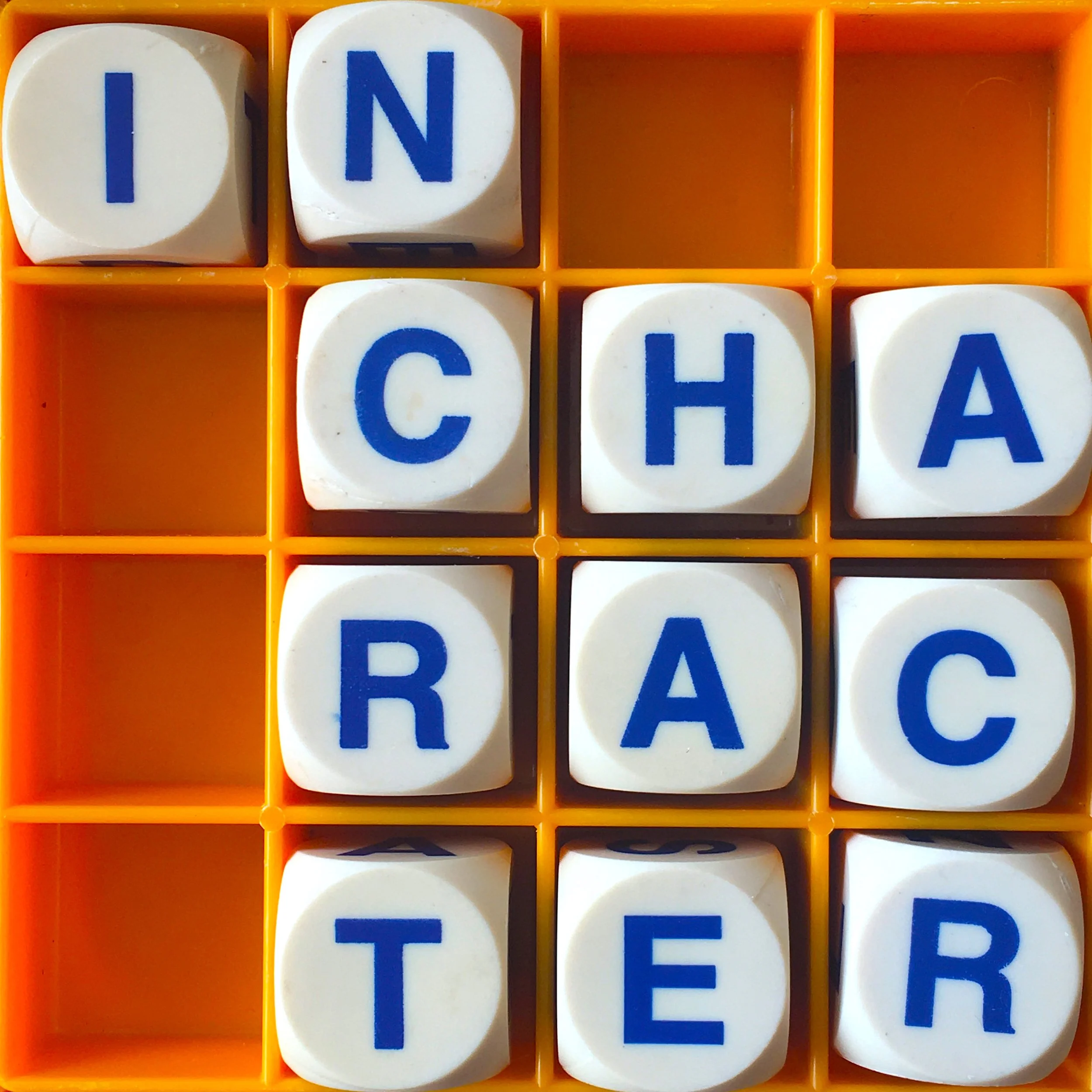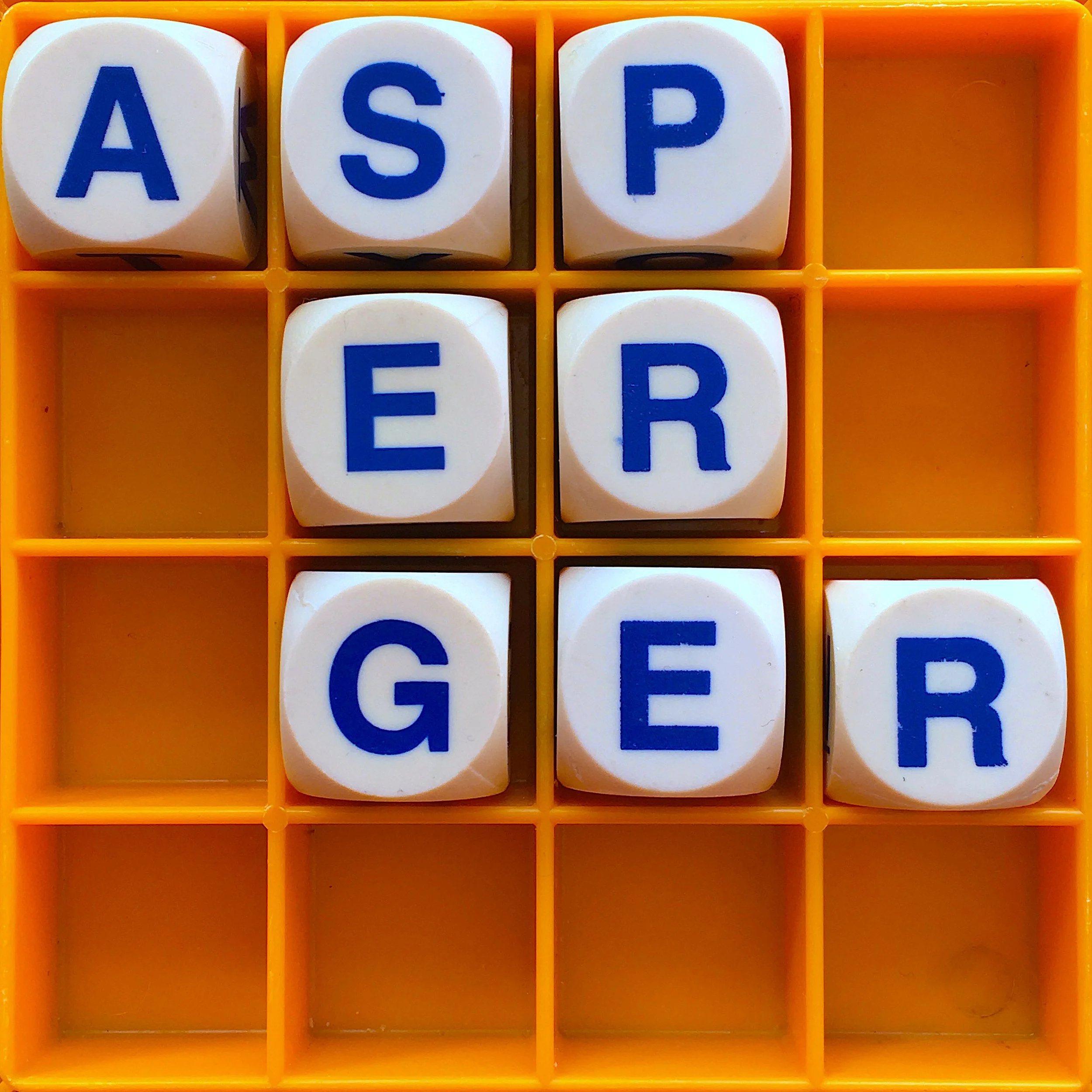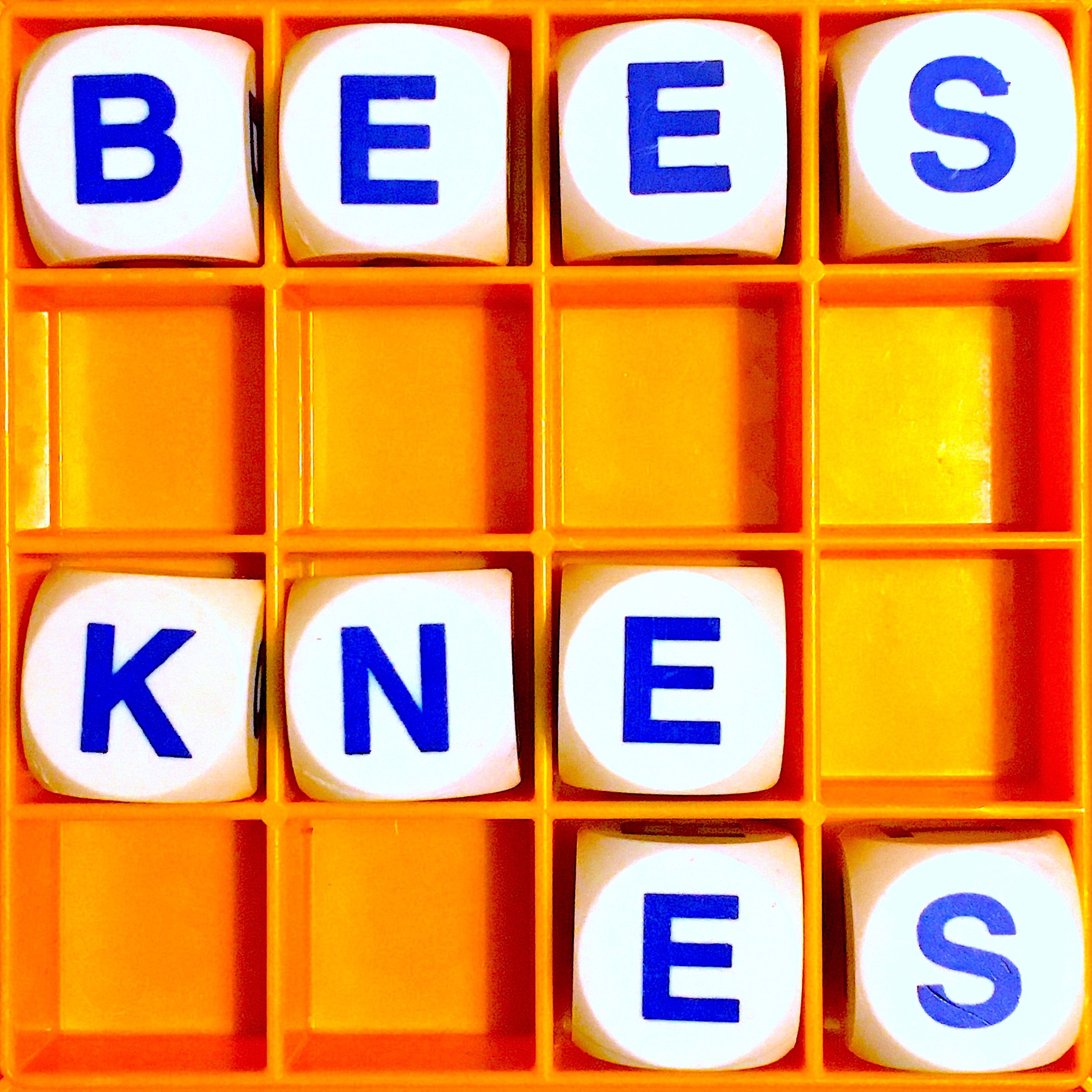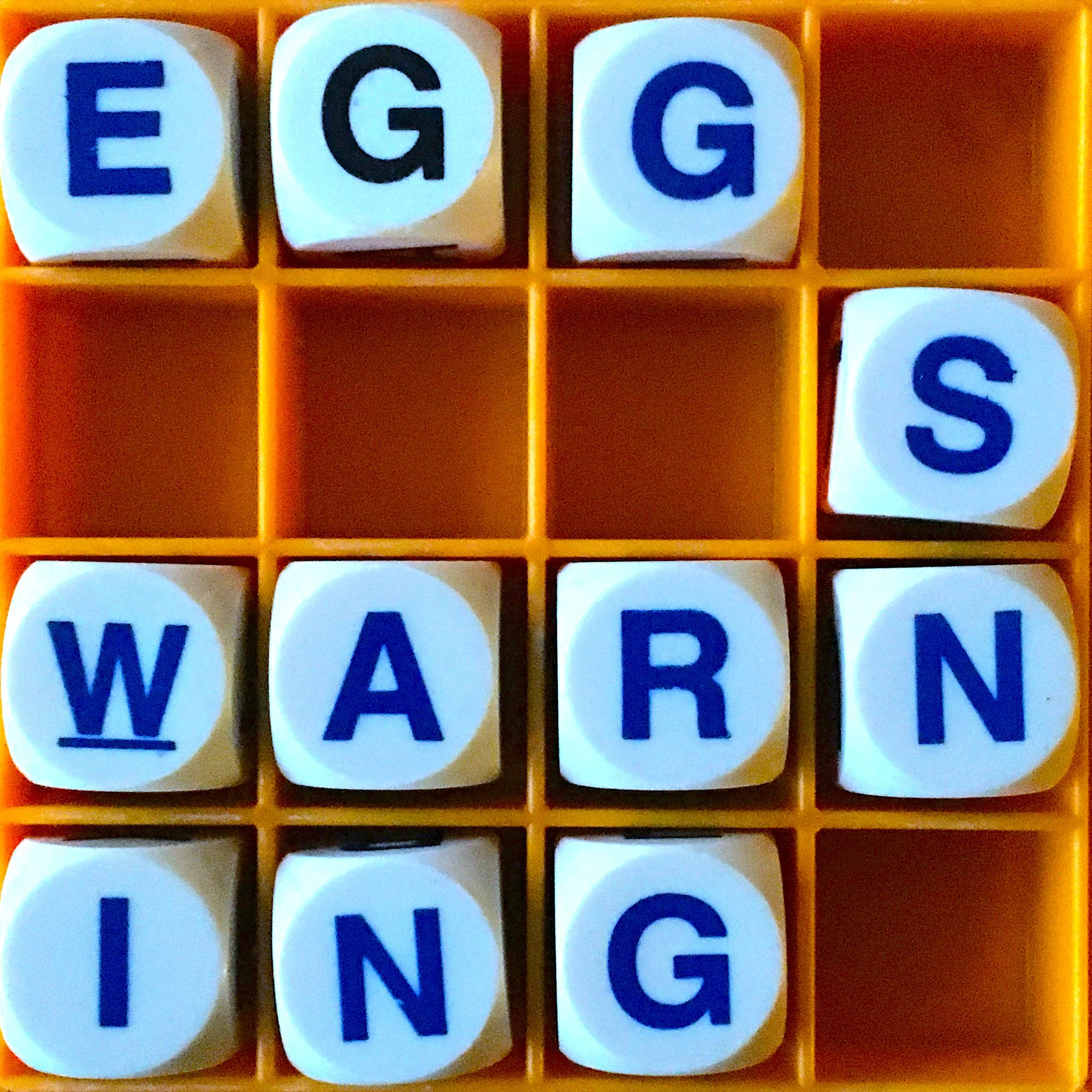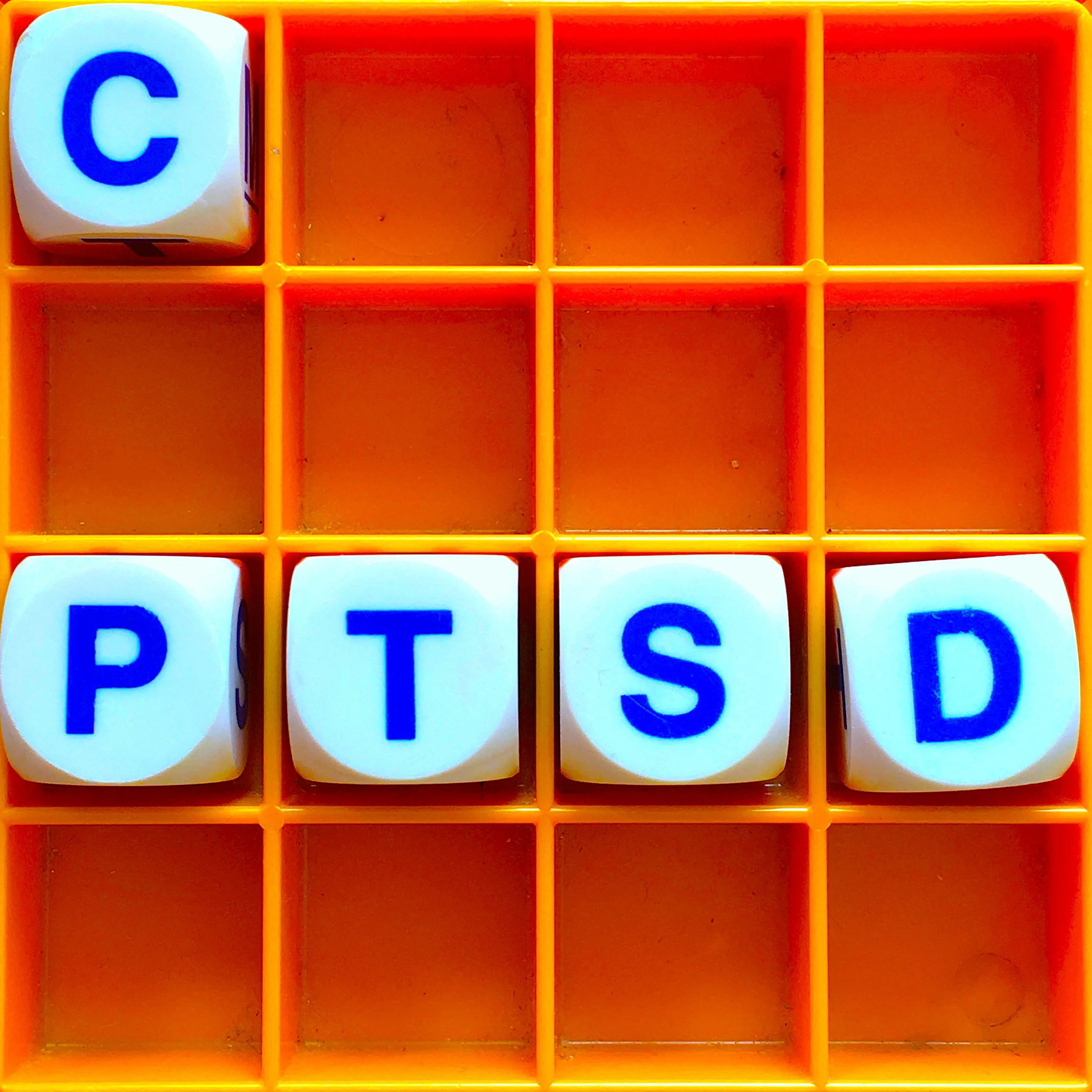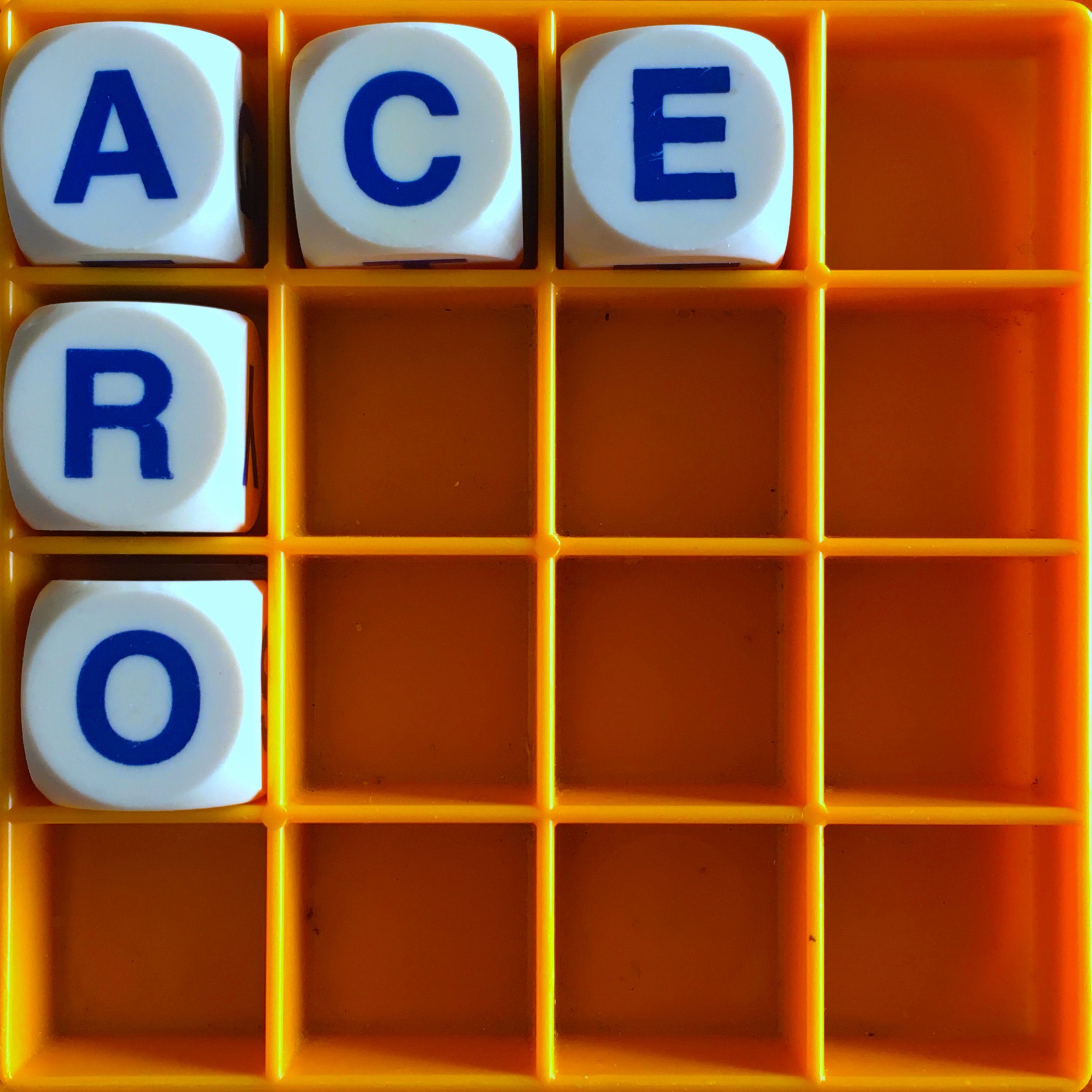Chinese is one of the oldest still-spoken languages in the world. But when technologies arrived like telegraphy and computing, designed with the Roman alphabet in mind, if Chinese wanted to be able to participate then it had to choose between adapting, or paying a heavy price. And sometimes both were inevitable. Jing Tsu, author of Kingdom of Characters: The Language Revolution that Made China Modern, recounts how Chinese contended with obstacles like alphabetisation, Romanisation and standardisation.
Read moreAllusionist 152. Asperger
Hans Asperger would have been merely "a footnote in the history of autism", so why did he get to be the eponym in Asperger's syndrome? Because along with the usual problems medical eponyms pose, and his work not really earning him the honour, he collaborated with Nazis and sent children to a hospital where they would be experimented on and even killed.
Activist, writer and academic Morénike Giwa Onaiwu discusses the stigma around terms like Asperger’s syndrome and autism, and historian Edith Sheffer talks about Hans Asperger and child psychiatry in Nazi Vienna.
Read moreAllusionist 151. The Bee's Knees
Bad hats, cat's pyjamas, banting, goops, creatures, and playing possum - what WERE people going on about during the Golden Age of detective fiction? Caroline Crampton of Shedunnit podcast and I get sleuthing into the slang of the mystery novels of the 1920s and 1930s.
Read moreAllusionist 149. Complex PTSD
Complex PTSD is different to PTSD, but there's not that much understanding of it as its own condition - which was not much help to Stephanie Foo when she was diagnosed with it in 2018. We talk about facing trauma rather than burying it, self-care and self-soothing, underrated eundurance, and why people can quit sniping about triggers.
Read moreAllusionist 148. Bonus 2021
I've been saving them up all year, and now it's time for the annual selection box of Bonus Bits! Things this year's guests said that couldn't fit into their episode, or weren't related to language, but ARE related to being a bonus bit. We've got percussive pan protests; the mating habits, and male-killing habits, of ladybirds; Icelandic aunts/uncles/cousins/wait which member of the extended family are you referring to?; Morse code machines; and a surprisingly heated topic, the semantics of salad.
Read moreAllusionist 147. Survival: Today, Tomorrow part 2
"It's really good if we can get the changes through here - that can be an inspiration for other other countries or other places in the world," says Þorbjörg Þorvaldsdóttir, chair of Samtökin ’78, the national queer organization of Iceland. In 2019, Iceland passed the Gender Autonomy Act, which added an option for people to register their official gender as X; with it, the country's strictly binary-gendered naming laws were suddenly transformed. Other changes, like a new genderfree pronoun, are catching on; but overhauling a whole grammatically gendered language is no easy undertaking.
Read moreAllusionist 146. Survival: Today, Tomorrow part 1
The Icelandic language has remained so stable over the centuries, speakers can read manuscripts from 900 years ago without too much trouble. And when they need a new word for more recent concepts, there are committees to coin one, so that the modern Icelandic lexicon includes such things as the internet, helicopters and mansplaining. Defending the language from the encroachment of English, however, is rather more challenging.
Read moreAllusionist 145. Parents
When you're trans and pregnant, some of the vocabulary of pregnancy, birth and parenting might not fit you. In face, some of it might not even work for people of ANY gender. Trans parents Freddy McConnell and CJ talk about gender-additive language, inclusive for women and other genders, and about how in English law, the word 'mother' becomes semantically very complicated indeed.
Read moreAllusionist 144. Aro Ace
The word 'asexual' has been used by humans describing themselves for several decades; 'aromantic' is newer. Both words enable people to voice identities that were unacknowledged for centuries, to find each other and build communities together, and to provide counternarratives to what the allosexuals are pushing.
Read more